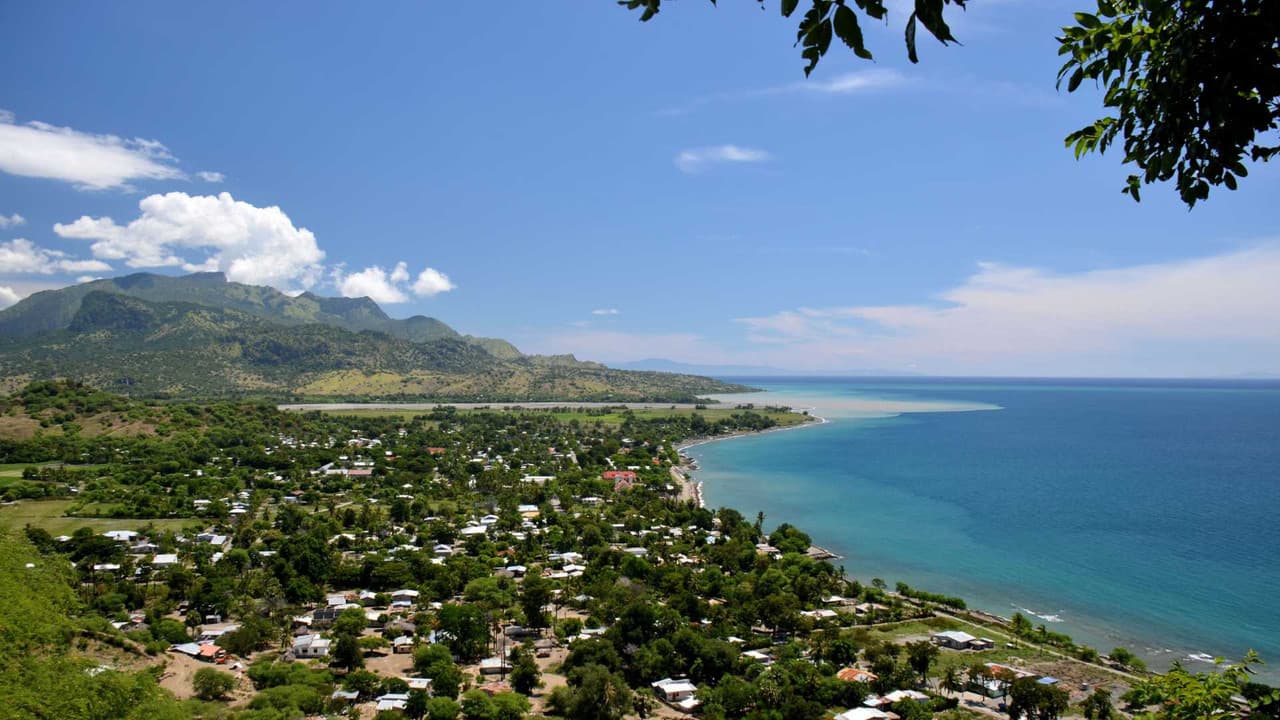Timor-Leste's labor laws are designed to protect the rights and welfare of employees, fostering a fair and equitable working environment. These regulations cover a wide range of aspects, from the terms of employment and working conditions to protection against unfair treatment and mechanisms for resolving disputes. Understanding these legal frameworks is crucial for both employers and employees operating within the country.
Compliance with these labor standards is not only a legal requirement but also contributes to a productive and stable workforce. The legal framework aims to balance the needs of businesses with the fundamental rights of workers, ensuring that employment relationships are conducted transparently and justly.
Termination Rights and Procedures
Employment contracts in Timor-Leste can be terminated under specific conditions and procedures outlined in the labor law. Termination can occur due to various reasons, including mutual agreement, expiration of a fixed-term contract, employee resignation, or employer-initiated dismissal for just cause or other valid reasons.
When an employer initiates termination, specific procedures must be followed, often involving written notice and the opportunity for the employee to respond. Dismissal for just cause typically relates to serious misconduct by the employee. Termination for other reasons may require severance pay depending on the length of service.
Notice periods are mandated for indefinite-term contracts when termination is initiated by either party without just cause. The required notice period generally depends on the employee's length of service.
| Length of Service | Minimum Notice Period |
|---|---|
| Less than 6 months | 7 days |
| 6 months to 5 years | 15 days |
| More than 5 years | 30 days |
Failure to provide the required notice may result in an obligation to pay compensation equivalent to the employee's salary for the notice period.
Anti-Discrimination Laws and Enforcement
Timor-Leste's labor legislation prohibits discrimination in employment based on several protected characteristics. This protection applies throughout the employment relationship, including recruitment, hiring, terms and conditions of employment, promotion, and termination.
Protected characteristics typically include:
- Race
- Color
- Sex
- Religion
- Political opinion
- National extraction
- Social origin
- Marital status
- Family situation
- Disability
Employers are required to ensure equal opportunities and treatment for all employees. Employees who believe they have been subjected to discrimination can seek recourse through internal company procedures or external dispute resolution mechanisms, including the labor inspectorate and the courts.
Working Conditions Standards and Regulations
The law establishes standards for working hours, rest periods, holidays, and other aspects of working conditions. The standard legal working week is defined, and regulations govern overtime work, ensuring it is compensated appropriately.
Key standards include:
- Working Hours: A maximum standard working week is typically set, often around 44 hours.
- Overtime: Overtime work is permitted under specific conditions and must be compensated at a higher rate.
- Daily and Weekly Rest: Employees are entitled to daily rest periods between working days and a minimum weekly rest period.
- Public Holidays: Employees are entitled to paid leave on official public holidays.
- Annual Leave: Employees accrue paid annual leave based on their length of service.
- Sick Leave: Provisions exist for paid sick leave under specified conditions.
These regulations aim to prevent excessive working hours and ensure employees have adequate time for rest and personal life.
Workplace Health and Safety Requirements
Employers have a legal obligation to provide a safe and healthy working environment for their employees. This includes taking measures to prevent accidents and occupational diseases.
Employer responsibilities typically involve:
- Identifying and assessing risks in the workplace.
- Implementing preventative measures to eliminate or minimize risks.
- Providing necessary safety equipment and training to employees.
- Ensuring machinery and equipment are safe to use.
- Establishing procedures for reporting accidents and incidents.
Employees also have responsibilities, such as following safety instructions and using provided safety equipment. The labor inspectorate is responsible for monitoring compliance with health and safety regulations and can conduct inspections and enforce standards.
Dispute Resolution Mechanisms
When workplace disputes arise, several mechanisms are available for resolution, ranging from informal internal processes to formal legal proceedings.
Common avenues for dispute resolution include:
- Internal Company Procedures: Many companies have internal grievance procedures for employees to raise concerns.
- Mediation and Conciliation: The labor authorities often provide mediation or conciliation services to help parties reach a mutually agreeable solution outside of court.
- Labor Inspectorate: The labor inspectorate plays a role in investigating complaints regarding violations of labor law and can assist in resolving disputes or initiating enforcement actions.
- Labor Courts: If disputes cannot be resolved through other means, they can be brought before the labor courts, which have jurisdiction over employment-related legal matters.
Employees have the right to seek assistance and pursue these avenues to address issues such as unfair dismissal, wage disputes, discrimination, or unsafe working conditions.
Employ top talent in Timor-Leste through our Employer of Record service
Book a call with our EOR experts to learn more about how we can help you in Timor-Leste







Book a call with our EOR experts to learn more about how we can help you in Timor-Leste.
Trusted by more than 1000 companies around the globe



